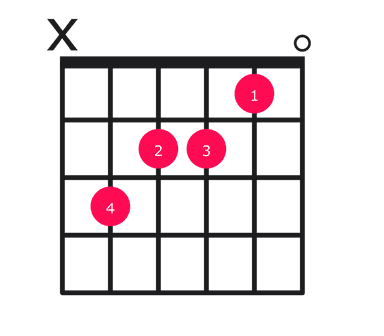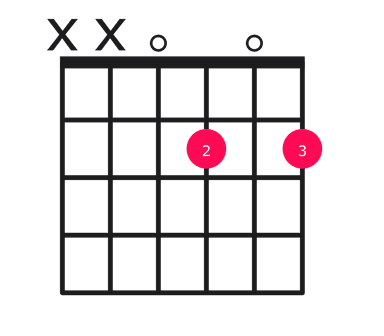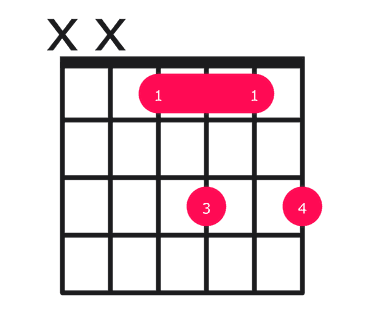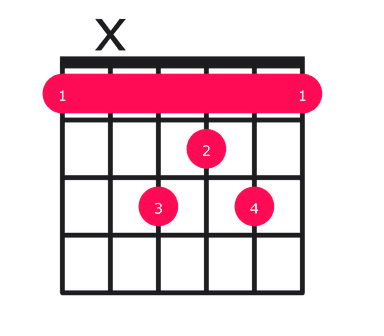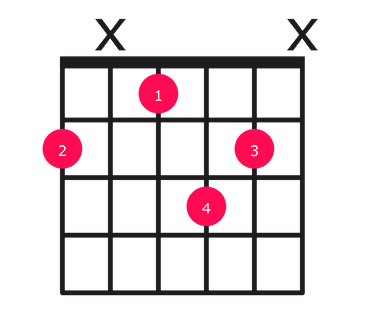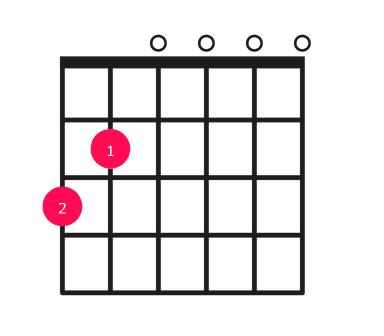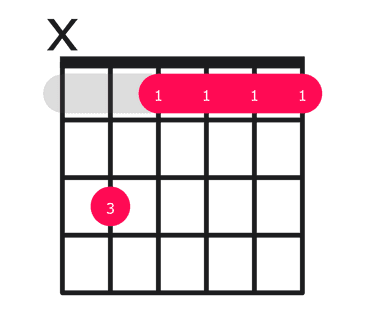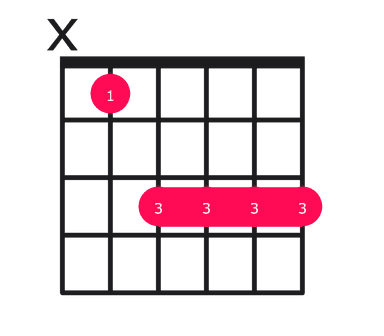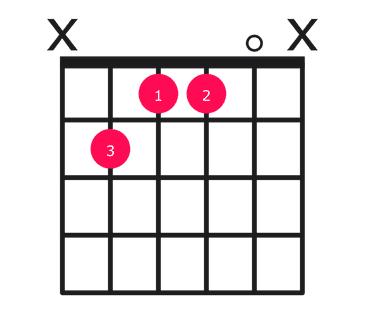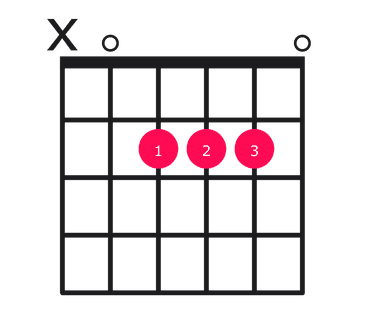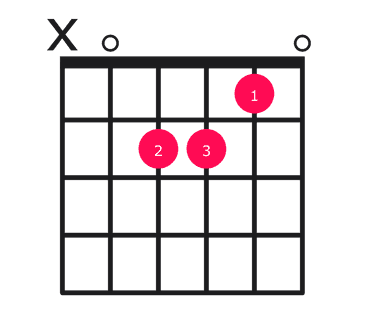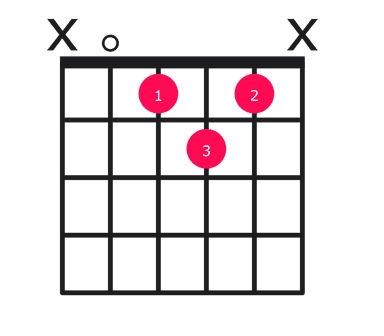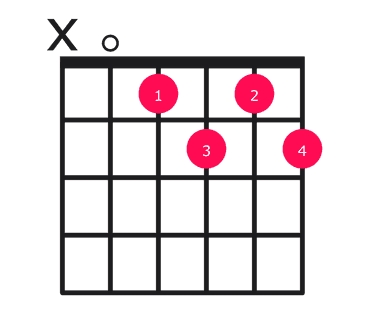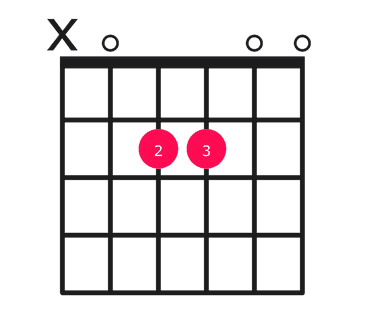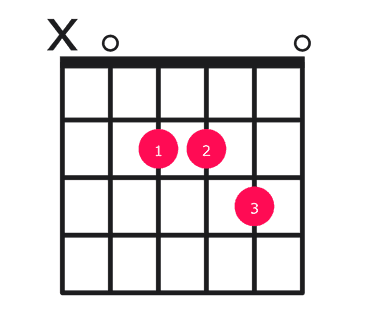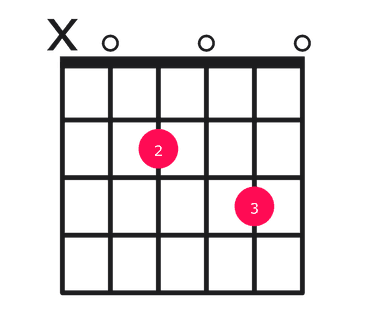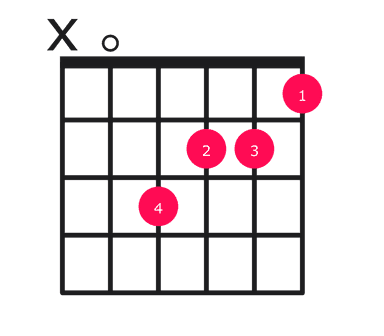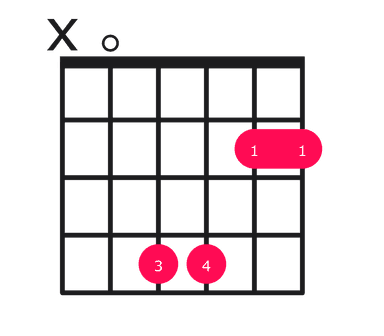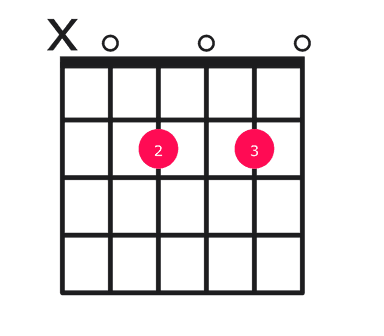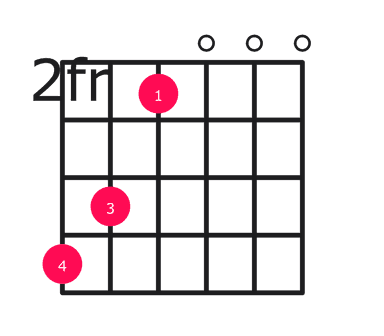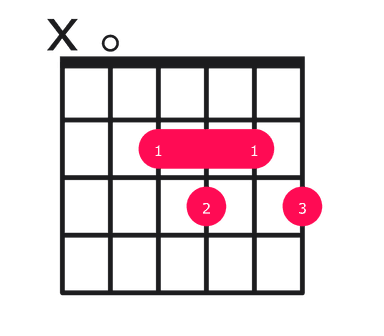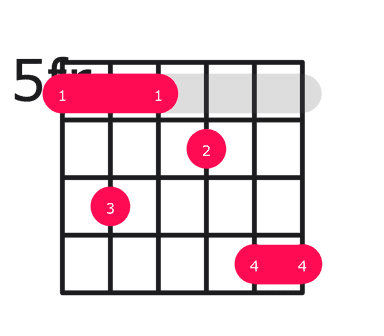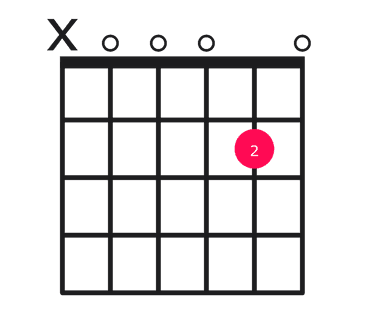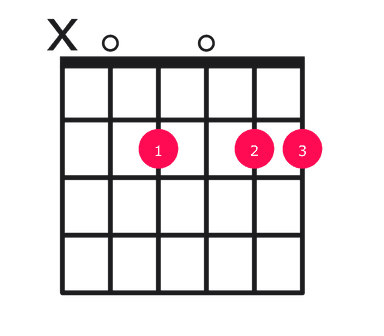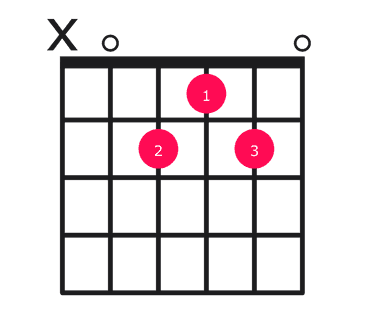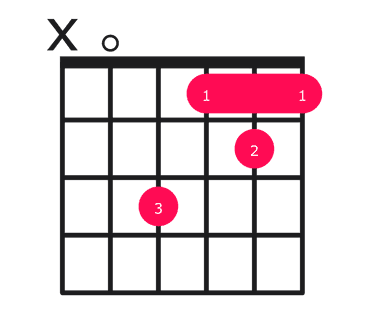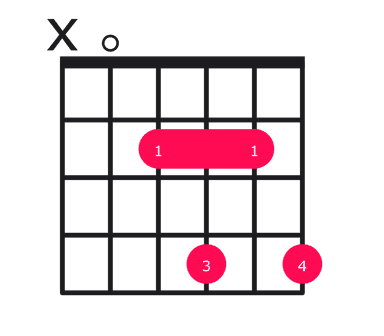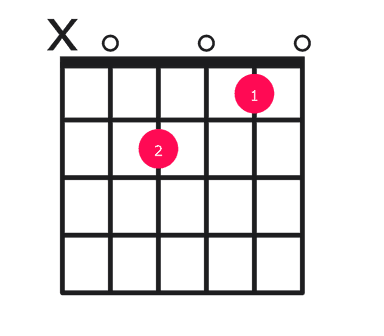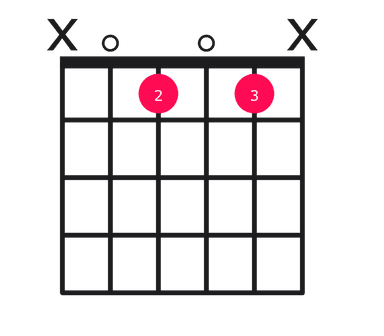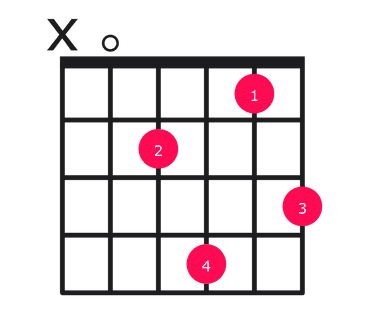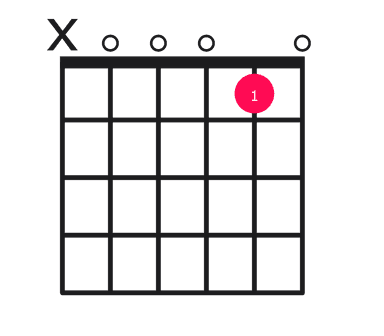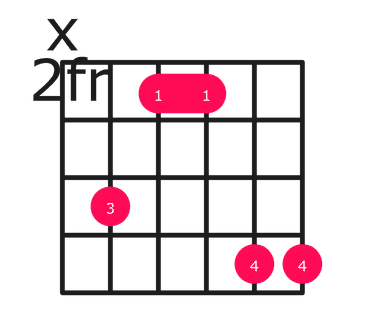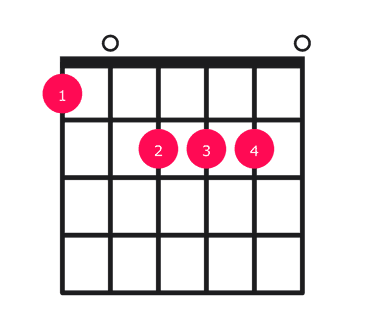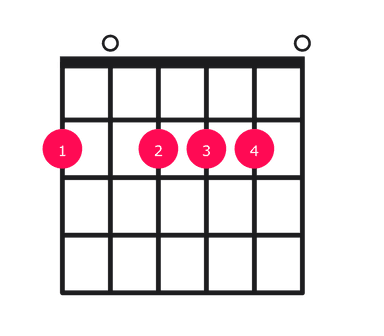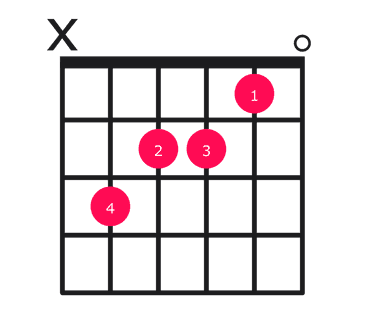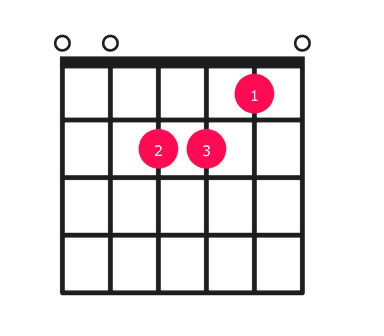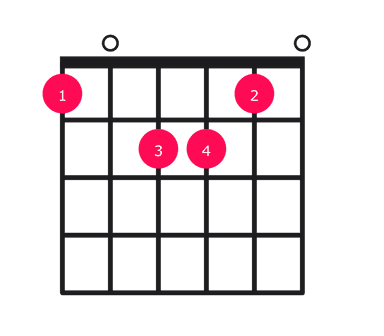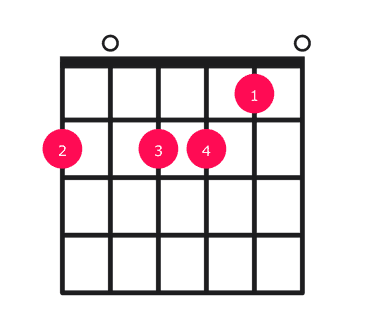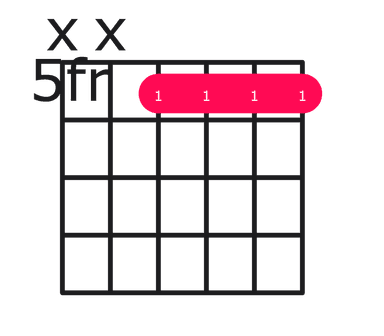How to play the A6 chord on guitar
Learn to play the A6 chord, featured in hits like "Live Forever" by Oasis.
The A6 chord
The A6 chord, pronounced "A sixth," is a rich and colorful variation of the standard A major chord. It features an added sixth note, lending a dreamy and slightly melancholic quality to its sound. This chord is commonly used in genres such as jazz, soul, and R&B, and can be heard in popular songs like "Isn't She Lovely" by Stevie Wonder.
There are many ways to play a chord. Here's a diagram for the most common A6 chord. We've also included other versions below.

Unlock your playing potential in online guitar lessons with experts on Til. Start today and achieve your guitar goals quickly. Find a top-rated teacher.
Finger placement for A6 chord
The A6 chord is typically played as a barre chord on the 5th fret of the guitar.
Follow these finger positions to play an A6 chord on your guitar:
- Place your index finger on the 5th fret, barring all six strings.
- Place your ring finger on the 7th fret of the 4th (D) string.
- Place your pinky finger on the 7th fret of the 3rd (G) string.
To strum this chord, use your pick or thumb to strum down across all six strings in one smooth motion.
How to play an easy A6 chord on guitar
If you're a beginner looking to play a simpler version of the A6 chord, try playing an A major chord and adding your pinky finger to the 3rd fret of the 2nd (B) string. This will give you a basic A6 chord without the complexity of a barre chord.
How to play a A6 bar chord
Barre chords are a great way to play the A6 chord with a fuller and richer sound compared to the standard open chord version.
Here's how to play an A6 barre chord:
- Place your index finger across the 5th fret, covering all six strings (barre).
- Place your middle finger on the 6th fret of the 3rd (G) string.
- Place your ring finger on the 7th fret of the 5th (A) string.
- Place your pinky finger on the 7th fret of the 4th (D) string.
- Strum all six strings from low to high.
Common A6 chord progressions
The A6 chord, with its melancholic and dreamy sound, is often used in progressions to evoke a sense of longing or introspection. Here are some common A6 chord progressions:
- vi - IV - I - V (A6 - F - C - G) - Used in "All of Me" by John Legend and "Let It Be" by The Beatles
- vi - V - IV - V (A6 - G - F - G)
- vi - iii - IV - V (A6 - Em - F - G)
- vi - ii - V - I (A6 - Dm - G - C)
- vi - IV - V - iii (A6 - F - G - Em)
Drills to master the A6 chord
To master the A6 chord, try playing the individual notes (A, C#, E, and F#) one at a time, focusing on clarity and tone. Once comfortable, practice transitioning between each note in a steady rhythm, gradually increasing your speed.
Another effective drill is to strum the A6 chord while switching between different rhythmic patterns, such as quarter notes, eighth notes, and triplets. This exercise will help you develop muscle memory and improve your timing when playing the chord in various musical contexts.
Unlock your playing potential in online guitar lessons with experts on Til. Start today and achieve your guitar goals quickly. Find a top-rated teacher.
Jason A.
"This class was a perfect fit for me. It was refreshing to find an intermediate class that focused on harmony and voice leading. It was nice to have the opportunity to chat live and ask questions to clarify things in real time."
Songs that feature the A6 chord
Here are 10 popular songs you can play with the A6 chord:
- Dreams by Fleetwood Mac (F, G, A6)
- Fast Car by Tracy Chapman (G, D, C, Em7, D/F#, A6)
- Landslide by Fleetwood Mac (C, G, Am7, G/B, A6)
- Wonderwall by Oasis (Em7, G, D, A6)
- Hey There Delilah by Plain White T's (D, F#m, A6, Bm)
- Riptide by Vance Joy (Am, G, C, A6)
- Good Riddance (Time of Your Life) by Green Day (G, C, D, Em7, A6)
- Hey Soul Sister by Train (C, G, Am7, F, A6)
- I'm Yours by Jason Mraz (C, G, Am7, F, A6)
- Sunny Came Home by Shawn Colvin (Am7, Dsus2, Cmaj7, Fmaj7, A6)
How a guitar teacher can help
If you feel stuck in your playing, it might help to take personalized guitar lessons with an expert guitarist. Taking lessons with a pro gives you access to the skills, feedback, and motivation to reach your goals.
You can find expert guitar teachers to support you in the journey. Thousands of people have turned to online guitar lessons on Til, instead of traditional in-person lessons, because Til gives you access to the best teachers in the world from the comfort of home. And with flexible scheduling, secure payments, lesson recordings, and a private chat with your teacher–there’s never been a better way to learn guitar.
